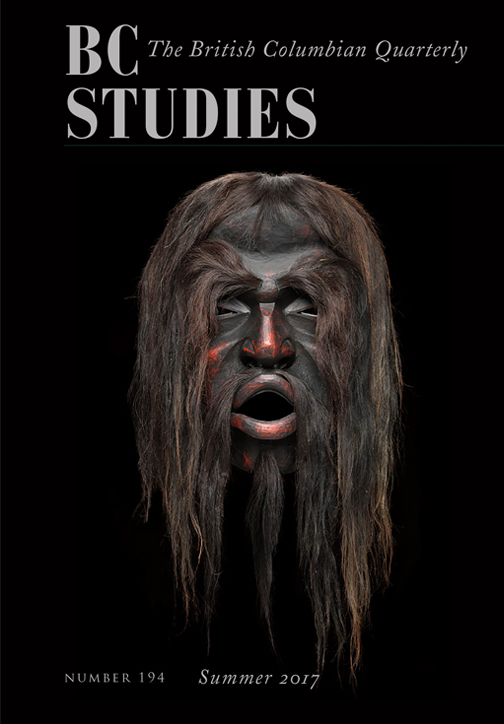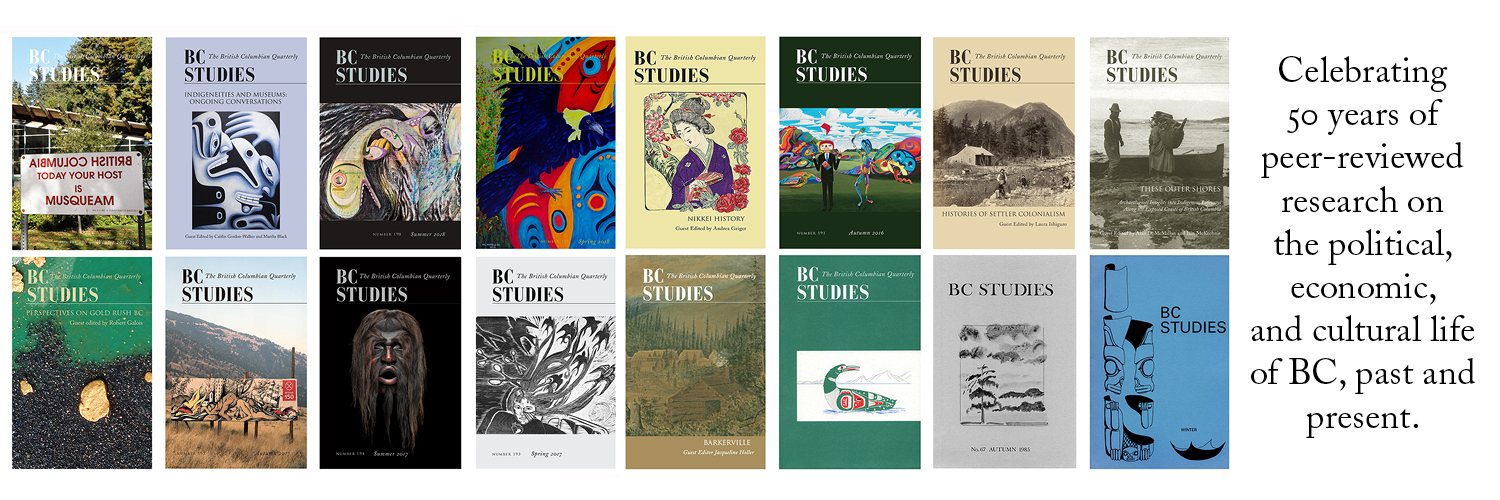Becoming a Nurse, Vancouver and Calgary: Women, Work, Motherhood, 1958 to 1976
DOI:
https://doi.org/10.14288/bcs.v0i194.186234Keywords:
education, nursing, labour force, vancouver, womenAbstract
Women who came of age during the 1950s, 1960s, and early 1970s are the majority of nurses, nurse educators, and nurse leaders in Canada today. Many will retire in the next ten years and be among the first group of professional women who have experienced a lifelong career in paid employment, and thus the full social and economic benefits of Canadian citizenship. In this paper, drawing on my doctoral research at the University of Victoria, I present the experiences of thirty-seven women who became nurses in the early post-war decades in Vancouver and Calgary. Their experiences challenge the prevailing view that nursing education in the residential hospital-based diploma schools was a site of unusual moral regulation for young women, and that nursing as a profession was a form of gendered servitude. Instead, I argue that an education in nursing offered young women an affordable and socially sanctioned opportunity for advanced education and a lifelong career that was unusual for women in these decades. Due to the high demand for nurses in the burgeoning public health care sector, as married women, these nurses faced and challenged practices in the workplace that mirrored the lack of support for employed women with children in the broader society. The individual and collective resources employed by women in nursing to challenge low wages, inflexible working hours, sexual harassment, lack of maternity benefits, unsafe working conditions, and assumptions about female inferiority, mirror rather than contradict the ideals and ambitions of the various feminist and social movements of these decades.



